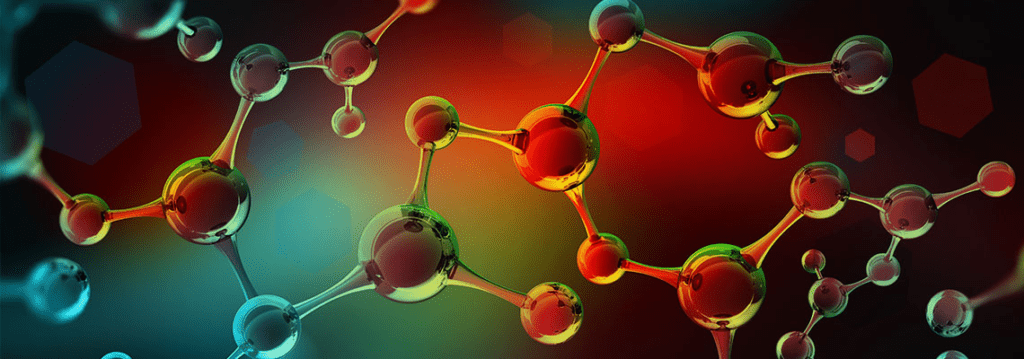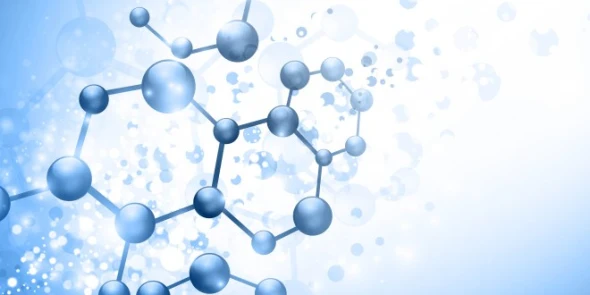Various body components must work together tirelessly to keep us alive. If any system in our body, like the respiratory, neurotransmitter, cardiovascular, gastro-intestinal, etc., stops its function, we will be in trouble. Like any interdependent system, if one part becomes faulty, the entire system will be in trouble. The components of your body would not be able to work properly if they didn’t receive adequate nutrients from your diet, like essential amino acids. So, today let us discuss the importance of essential amino acids and how their deficiency will affect your body.
What are amino acids?
In order to understand what essential amino acids are, you should know about amino acids. Amino acids are the building blocks of proteins, needed for the proper functioning of the human body. Twenty different amino acids are commonly found in proteins and can be classified into two main categories: essential and non-essential.
Essential amino acids are those that the body cannot produce on its own, and therefore, they must be obtained through the diet. There are nine essential amino acids: histidine, isoleucine, leucine, lysine, methionine, phenylalanine, threonine, tryptophan, and valine.


Non-essential amino acids are those that the body can produce on its own; therefore, they do not need to be obtained through the diet. There are 11 non-essential amino acids: alanine, arginine, asparagine, aspartic acid, cysteine, glutamic acid, glutamine, glycine, proline, serine, and tyrosine.
The important point is that while your body can produce non-essential amino acids, essential amino acids should be acquired through your diet. That is why you should monitor your essential amino acid intake. What will happen if your body doesn’t receive enough amino acids? Let’s examine.
What will essential amino acid deficiency do to your body?
Consuming sufficient amounts of essential amino acids throughout the diet is important, as they are necessary for protein synthesis and the maintenance of healthy body tissues. Non-essential amino acids are also important for the body, but the body can synthesize them, so consuming them through the diet is not as critical.
As amino acids are needed for many important functions in the body, such as protein synthesis, the maintenance of healthy tissues, and the production of enzymes and hormones, their deficiency will cause serious problems. For example, if you don’t consume enough of them, your body may be unable to synthesize enough proteins to support healthy tissues and organs. This can result in muscle wasting, a weakened immune system, and impaired wound healing.
In addition, amino acids are key in producing neurotransmitters, chemical messengers in the brain that regulate mood, sleep, and other bodily functions. A deficiency in certain amino acids, such as tryptophan, needed for synthesizing serotonin, can lead to depression and other mood disorders.


Other symptoms of amino acid deficiency may include fatigue, weakness, and digestive issues. It’s important to ensure you’re consuming enough amino acids through a balanced diet that includes complete protein sources, such as meat, fish, eggs, and dairy, or plant-based sources, such as legumes, nuts, and seeds. So what can we do to prevent this situation?
How to boost your essential amino acid intake?
To increase your consumption of essential amino acids, you can try the following:
Eat protein-rich foods: Foods such as meat, poultry, fish, eggs, dairy, and legumes are rich in essential amino acids. Eating protein-rich foods can help you get all the amino acids your body needs.
Choose complete protein sources: Complete proteins contain all the amino acids in sufficient quantities. Examples of complete protein sources include meat, poultry, fish, eggs, and dairy.
Combine plant-based protein sources: Although plant-based proteins may not contain all the essential amino acids, you can combine different sources to get a complete protein. For example, combining beans and rice or hummus and pita bread can provide all the of them.
Eat more frequently: Eating frequent meals and snacks throughout the day can help ensure your body has a steady supply of amino acids.
Another effective method to ensure your body receives an adequate amount of amino acids is through nutritional supplements. One special nutritional supplement that can take care of not only your essential amino acid needs but also your nutritional requirement is Nutriplus DailyHealth.


Nutriplus DailyHealth
Have you ever heard about Aphanizomenon flos-aquae, otherwise known as AFA? It is a form of blue-green algae exclusively found in the Klamath Lake in the pristine of Oregon, USA. This extremely rare superfood blooms only twice a year, making it extremely difficult to source. But just like or more than that eggs, this single product can ensure your overall wellness.
As a nutrition tablet, Nutriplus DailyHealth is doing an exceedingly awesome job. By allowing us to access this extremely rich superfood rich in natural bioavailable vitamins, minerals, antioxidants, trace elements, plant pigments and phytonutrients through a single tablet, Nutriplus DailyHealth is allowing us to have a dose of wellness every day.
Also Read:
Egg Bonda; a Perfect Tea Time Snack





